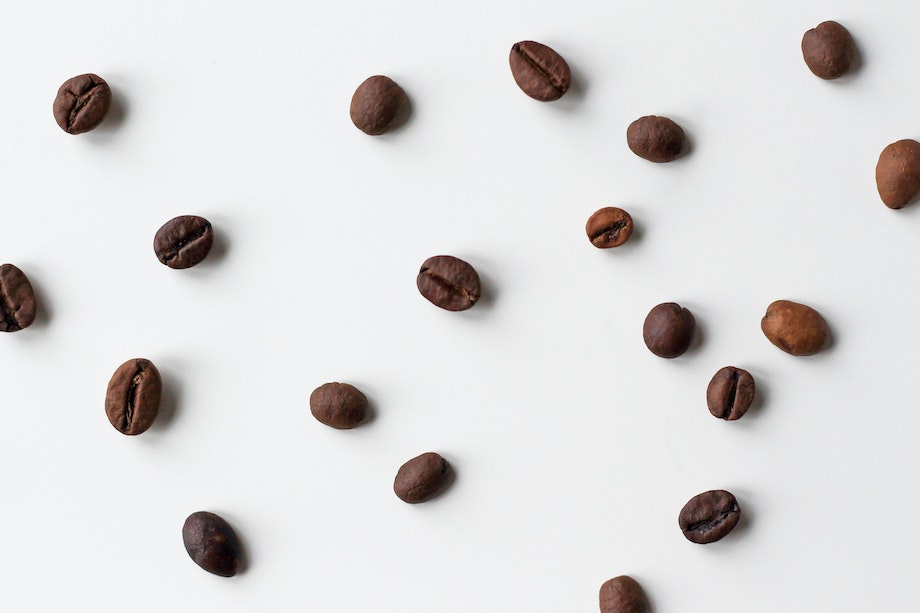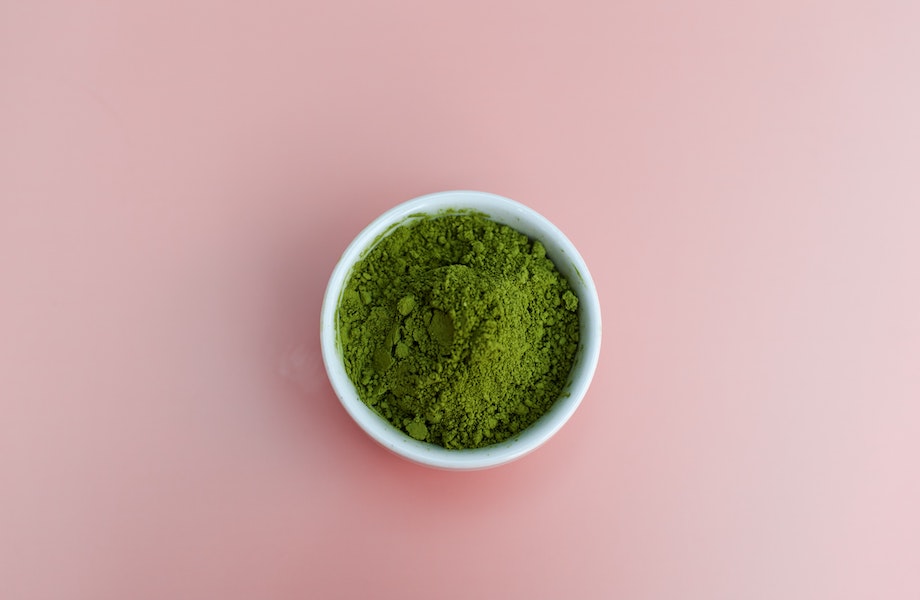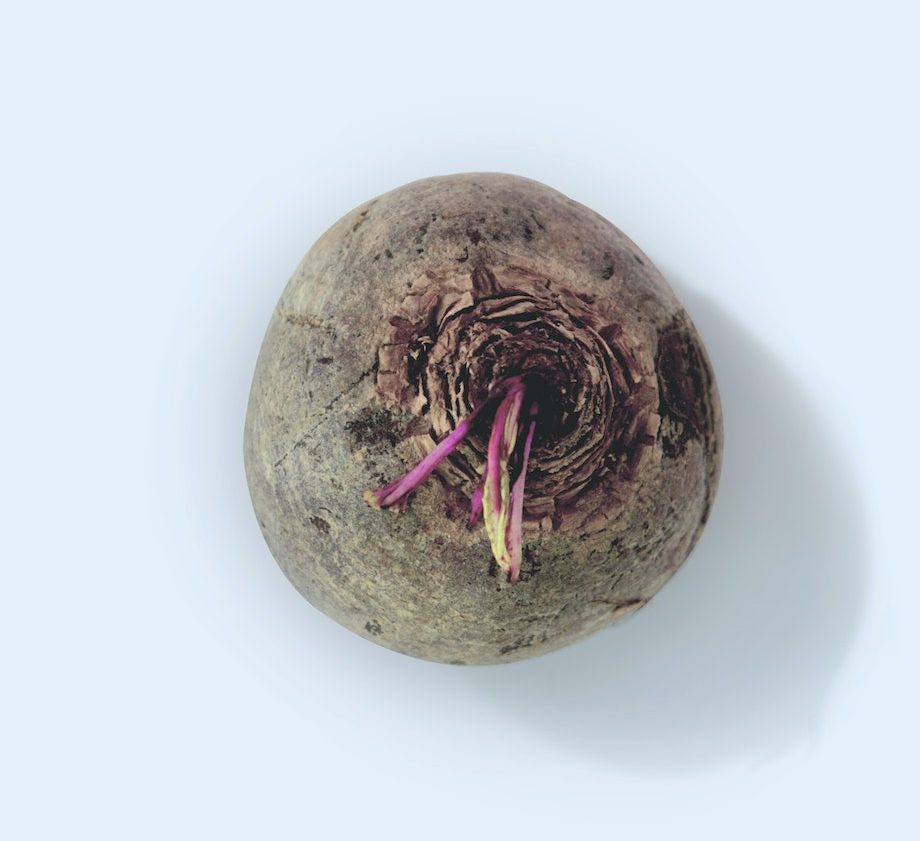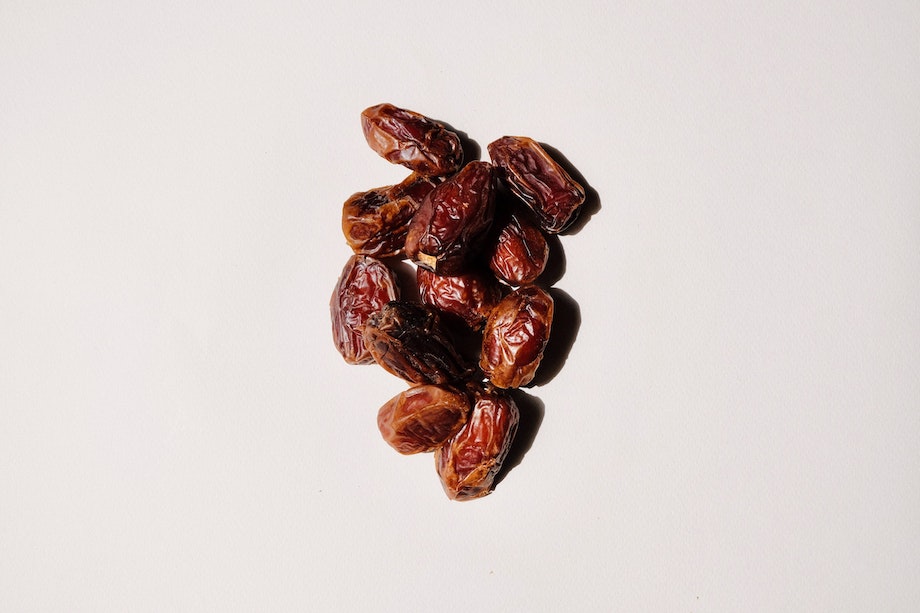
Pre-workout supplements have been gaining market share for some time now. Like all supplements, it can be hard to dig through all the options out there. If you choose to use a pre-workout ensuring you are getting one that is not only effective but contains clean ingredients is critical.
SAY NO TO YUCK INGREDIENTS
Workout supplements are notorious for containing all sorts of junk. Many pre-works on the market contain artificial colors, artificial flavors, and Sucralose. Studies show health concerns related to consuming artificial colors and flavors. This isn’t new news. However, concerns about sucralose are a bit more recent. It has been found to affect the gut microbiome in negative ways. You can find more information on that here and here. So many people are still being fooled to think Sucralose also known as Splenda is a healthy sugar alternative. It is not!
Unfortunately finding a good quality pre-workout with high-quality ingredients is difficult. While there are pre-workouts available with clean ingredients the one ingredient I have found they all have in common is natural flavors. I have yet to find one without. If you know of one please share in the comments below and I will update this post and share!
So, what is wrong with natural flavors? While I do think natural flavors are better than artificial flavors at the end of the day natural flavors are just as highly processed. One of the main problems with natural flavors is the FDA does not require food manufactures to disclose what ingredients make up the natural flavor. The only time this information is disclosed is if it contains a common allergen.
While natural flavors are coming from a natural source like fruit or vegetables they are still lab-created. I personally believe consuming natural flavors in moderation is ok just like anything else processed. However, if you are consuming something daily then you want to make sure it is as close to its natural state as possible.
The purpose of this post is not give pre-workout supplements a bad name. But, instead to share some things you may not be aware of when it comes to ingredients in these supplements and what I have personally found to work quite well instead.
SAY YES TO REAL FOOD
Now we are going to get into 4 Effective Pre-Workouts You Can Find In Your Kitchen. I use these four foods as pre-workouts and have found them to work quite well. And, the best part is their efficacy is backed up by science. These four foods can easily fit into any lifestyle/diet you follow.

REAL FOOD 1:
COFFEE
Caffeine is a common ingredient in many pre-workout supplements and one of the easiest and purest ways to consume caffeine is through high quality, organic coffee. Caffeine has been shown to increase endurance which comes in handy especially during cardio sessions. Just don’t drink too much. The recommended serving of caffeine is 400mg a day.
HOW TO:
Drink coffee 45 to 60 min prior to working out or experiment to find your perfect time. How much coffee you need to get the edge you are looking for may be different as we are all biologically different. Try one 8oz cup to start and go up from there.

REAL FOOD 2:
MATCHA
Matcha contains caffeine but not as much as coffee so it is a great choice if you are sensitive to coffee. The big bonus you get with matcha is one specific antioxidant called EGCG. EGCG has been found to increase total available energy for muscles during exercise. L-theanine is another superstar found naturally in the leaves of green tea. It is an amino acid and a cognitive enhancer that helps to target the stimulatory effects of caffeine. It can help with focus and motivation during workouts and who doesn’t need that!
HOW TO:
Make a matcha shot by combining 4 oz warm spring or filtered water and 1 teaspoon organic ceremonial grade matcha. Use a hand frother or matcha whisk mix. Consume about 30 min before exercise. Matcha can also be added to a before workout smoothie or shake.

REAL FOOD 3:
BEETROOT:
The star compound in beetroot that makes it a shine is Nitrate. Nitrate can enhance exercise performance by increasing nitric oxide production. Why is this important? Nitric oxide plays a role in the widening of our blood vessels called vasodilation. This helps to increase the delivery of nutrients and oxygen to muscles that are working during exercise helping to enhance exercise performance. I have used beetroot off and on during workouts and personally find that it really makes a difference especially on days where I am working out harder and for longer.
HOW TO:
Mix 1 or 2 teaspoons of beetroot powder with 8 oz of room temp water using a hand held frother or blender. I have found some beetroot powders mix easily with water while others don’t. Beetroot powder can also be added to a pre-workout smoothie or shake.

REAL FOOD 4:
DATES:
Dates are a great pre-workout because they are a great source of fiber, carbs, potassium, and magnesium. Even though dates are higher in carbs and natural sugar they are low on the Glycemic Index because they contain a good amount of fiber. Fiber helps to slow down sugar absorption in the body which means they provide a steady source of energy vs. a quick source and then a crash. Another thing that makes dates stand out is their potassium content. Potassium is an important electrolyte that plays a role in the storage of carbohydrates to fuel your muscles. Dates not only aid muscles during workouts but post workouts too by helping with muscle recovery.
HOW TO:
30 min before a workout eat 2 – 4 dates. During longer workouts they can be eaten for sustained energy.
GIVE ONE A TRY
The next time you reach for a pre-workout supplement give one of these whole food options a try instead and see what you think. Or, if you would rather stick with your pre-workout supplement take a quick look at the label on the back and make sure it is free from yucky ingredients. I hope this information is helpful and I would love to hear your thoughts in the comments below.
In Love, Health + Gratitude,
Katie
*Disclaimer: All of the information included in this blog post are for educational purposes only. It is not intended nor implied to be a substitute for professional medical advise. The reader should always consult his or her healthcare provider to determine the appropriateness of the information for their own situation. The information in this blog post is not intended to diagnose, prevent, treat and cure a disease or medical condition. By reading this blog post you acknowledge responsibility for your own medical decisions.
